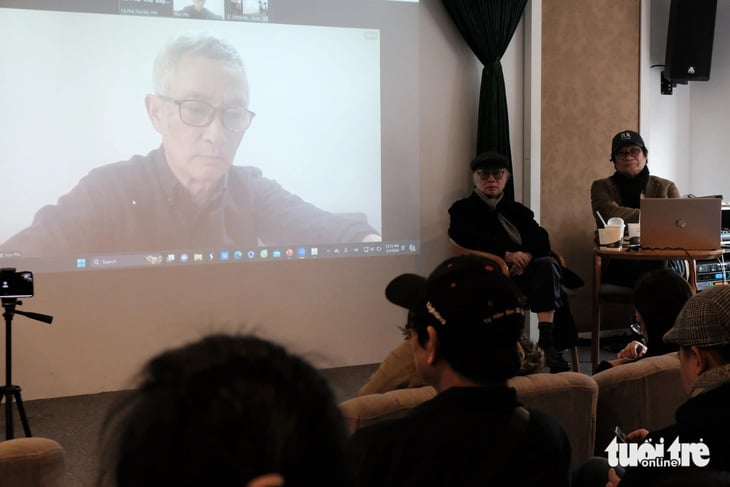
The talk show From Hanoi in the winter of 1946 to Peach, Pho and Piano with the participation of director Phi Tien Son (screen), Dang Nhat Minh. Musician Duong Thu (right cover) narrates - Photo: DAU DUNG
On the morning of March 3, at the 7th Coffee space (Hanoi), a film special entitled From Hanoi in the winter of 1946 to Peach, Pho and Piano took place, with the participation of two directors Dang Nhat Minh and Phi Tien Son.
Both films are about the same historical period: Hanoi in 1946 and 1947.
Peach, Pho and Piano unexpectedly became a box office hit recently thanks to the effect of social media. From here, many young audiences "revisited" Hanoi in the Winter of 1946 - a film by veteran director Dang Nhat Minh made nearly 30 years ago.
Patriotic subconsciousness is already present in the public's heart.
Phi Tien Son is the scriptwriter and director of Dao, Pho and Piano . He is abroad so he interacts with the audience via online screen.
When Dao, Pho and Piano suddenly became popular, many friends and colleagues texted to congratulate the director.
"I was very surprised and touched by the attention of the audience, especially young audiences. But to say that the film Dao, Pho and Piano is a phenomenon is a bit too much," said Mr. Phi Tien Son.
According to him, patriotism and interest in national history already exist in the public's heart.
The filmmaker just has to "flip that switch", light the fire and let that fire burn.
He also said the film received "unexpected" love.
"Making films about historical themes is a thorny path with many challenges.
Hopefully, from the effect of Dao, Pho and Piano , there will be more filmmakers, not only state-owned but also private, interested in this topic," director Phi Tien Son expressed.
"It shouldn't be a drag"
Director Dang Nhat Minh shared that filmmaking has two stages: production and distribution.
As for state-owned films, since the subsidy was abolished, the State has only focused on the production stage, while neglecting the distribution stage. The State has only kept one most important theater, the National Cinema Center.
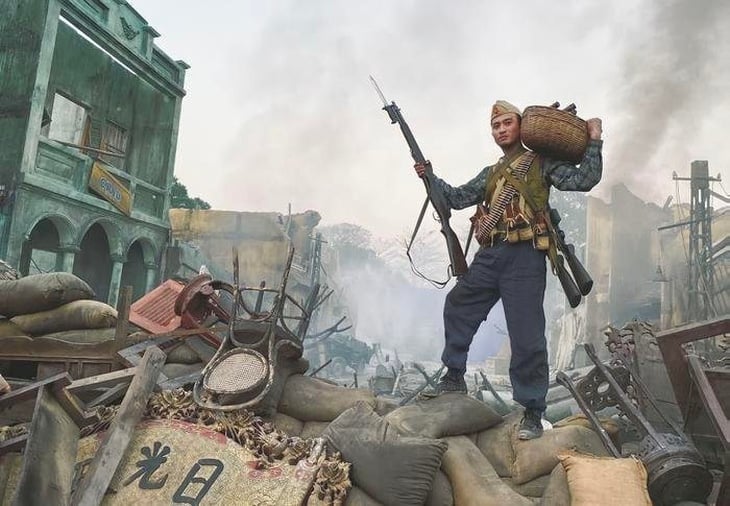
The film Dao, Pho and Piano suddenly became popular, causing public opinion to question the release of state-owned films - Photo: DPCC
"This time, the film Dao, Pho and Piano earned 10 billion VND. Taking this opportunity, the State, while paying attention to production, should also pay attention to distribution, because the two factors should go hand in hand," said the director of the film Hanoi Winter 1946 .
Director Phi Tien Son mentioned the concept of "film industry", that is, the economic aspect of cinema.
"Once produced, we must sell the product. With state-ordered films for so long, we have produced the product without thinking about selling it," he said.
According to Mr. Phi Tien Son, we only have a very small "store" which is the National Cinema Center, a unit under the Ministry of Culture, Sports and Tourism.
And "even this store is not really a place to sell, because it is more like a gallery. It is shown for a certain period of time, anyone who comes to see it can see it".
The director of the film Dao, Pho and Piano believes that if it continues to operate this way, "it will not only waste the time and effort of the film crew, but also be an inappropriate behavior, somewhat disrespecting the audience and wasting the State's money."
"The audience is the customer. From now on, I think the State will pay more attention to this distribution stage," he said.
Mr. Phi Tien Son also believes that the fact that private film businesses are passionate about national cinema, screening and returning 100% of revenue to the State "should not be a long-term thing and in a way, it is also unfair to them".
Because, to operate the machine and work is also very expensive, not easy in this day and age.
"In addition to the National Cinema Center, when I heard that Cinestar and Beta Cinema were screening the film Dao, Pho and Piano for free, I was actually hurt because the more they screened, the more they would lose, and they would not earn anything," said director Phi Tien Son.
He also hopes that from here, state management agencies will find a way out for state-ordered films.
Source


![[Photo] Students of Binh Minh Primary School enjoy the full moon festival, receiving the joys of childhood](https://vphoto.vietnam.vn/thumb/1200x675/vietnam/resource/IMAGE/2025/10/3/8cf8abef22fe4471be400a818912cb85)



![[Photo] Prime Minister Pham Minh Chinh chairs meeting to deploy overcoming consequences of storm No. 10](https://vphoto.vietnam.vn/thumb/1200x675/vietnam/resource/IMAGE/2025/10/3/544f420dcc844463898fcbef46247d16)



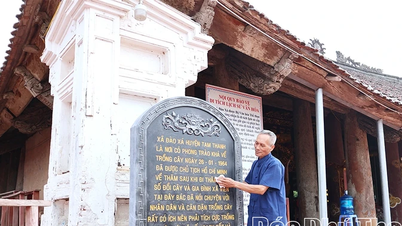



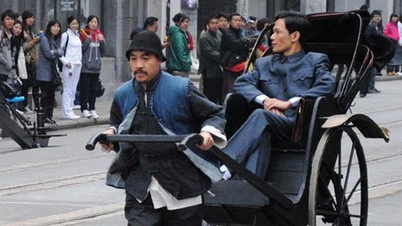




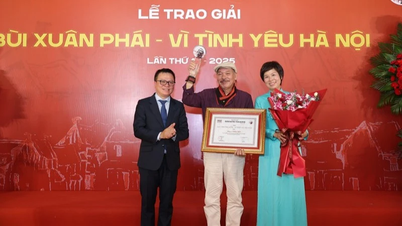



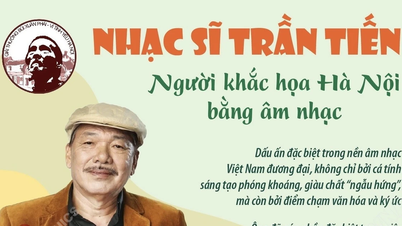









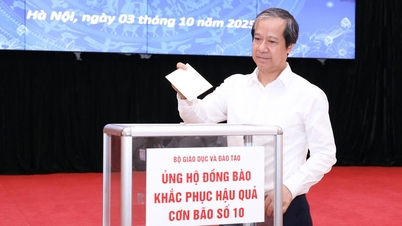



















































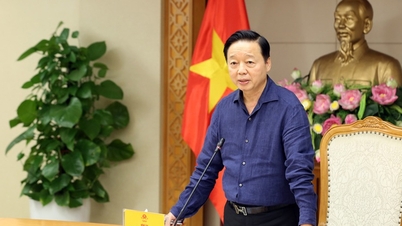
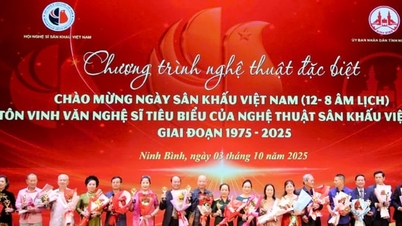


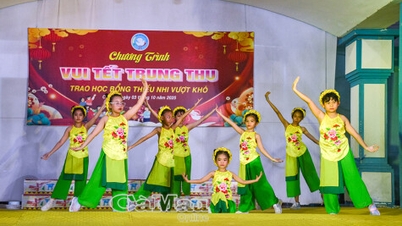

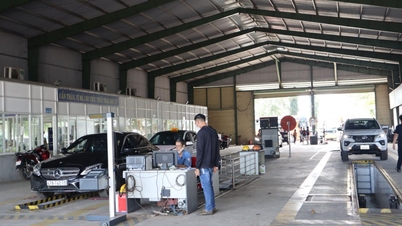












Comment (0)